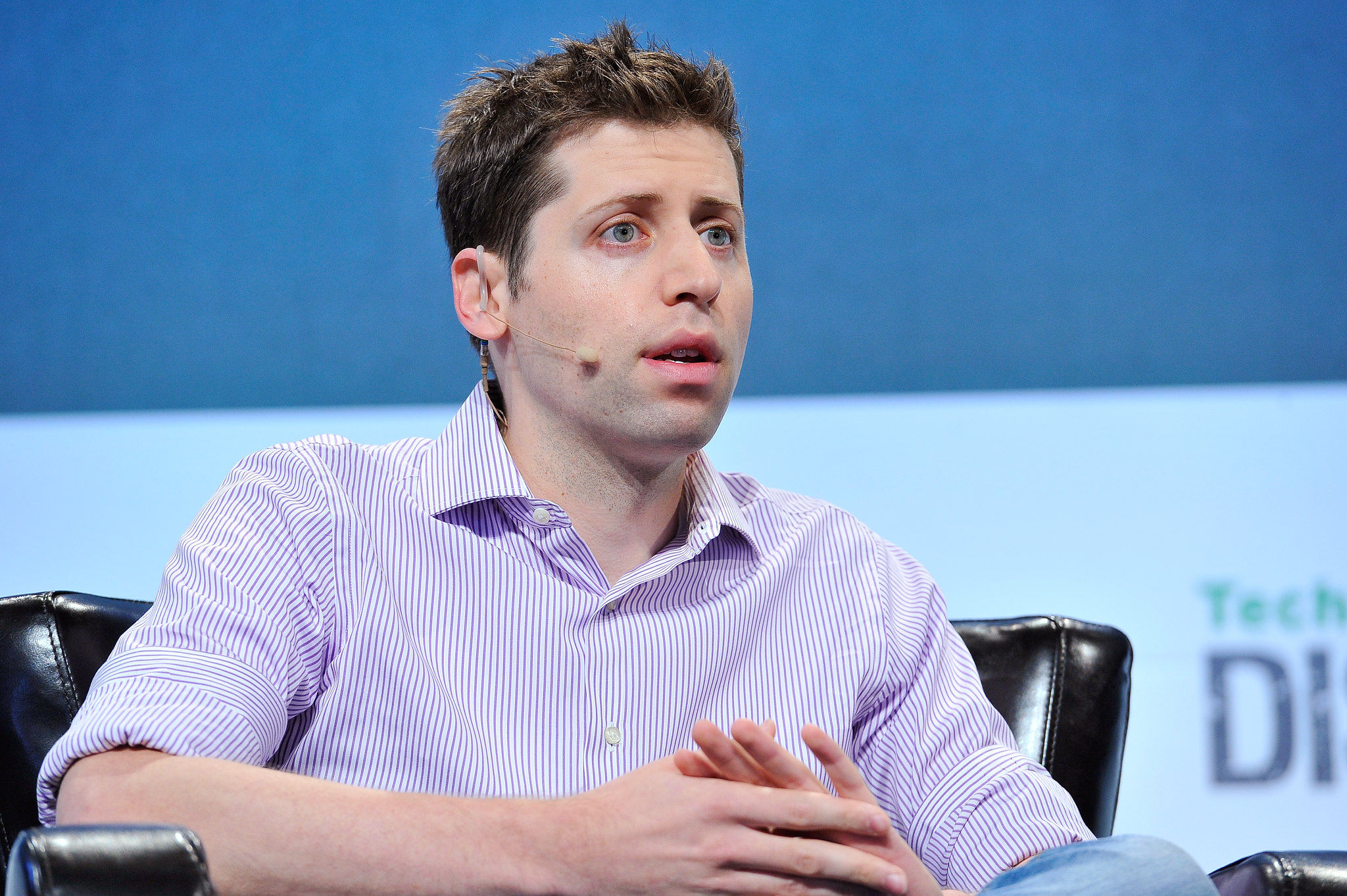 AI
AI
 AI
AI
 AI
AI
OpenAI LP Chief Executive Sam Altman has told lawmakers that the U.S. should consider implementing new rules to ensure the safety of artificial intelligence systems.
Altman (pictured) made the remarks this morning during a hearing before a Senate Judiciary subcommittee. The hearing, which began at 10 a.m. EDT, ran for nearly three hours. It also included the participation of IBM Corp. Chief Privacy and Trust Officer Christina Montgomery and New York University professor Gary Marcus.
Altman dedicated the first part of his speech to explaining OpenAI’s corporate structure, products and AI safety efforts. He said the startup delayed releasing GPT-4 for more than six months to ensure its reliability. OpenAI spent that time testing and improving the system, Altman detailed, an effort it conducted with the help of external experts.
The executive went on to discuss the potential economic ramifications of advanced AI models. “We understand that new AI tools can have profound impacts on the labor market,” Altman told lawmakers. “We expect significant economic impacts from AI in the near-term, including a mix of increased productivity for individual users, job creation, job transformation, and job displacement.”
Altman also detailed OpenAI’s efforts to address that expected economic impact. The startup is funding research into the effects of AI technology on the job market and potential responses. The goal of the effort, Altman stated, is to provide lawmakers with information about “the potential timeline and extent of impacts of this new technology on the economy.”
During the hearing, the executive also presented senators with a set of ideas for how AI could be regulated. Altman argued that companies developing AI models should adhere to an “appropriate set of safety requirements, including internal and external testing prior to release and publication of evaluation results.”
Policymakers could take multiple approaches to ensuring those standards are met, Altman stated. He said the U.S. government should consider a “combination of licensing or registration requirements” for AI models that meet a certain sophistication threshold. Additionally, Altman argued that companies should be given incentives to meet safety requirements.
The second core element of Altman’s argument was that the rapid pace at which machine learning is advancing may require AI regulations to be adjusted over time. Moreover, such adjustments may have to be made on a regular basis. “The U.S. government should consider facilitating multi-stakeholder processes, incorporating input from a broad range of experts and organizations, that can develop and regularly update the appropriate safety standards,” Altman told senators.
He also argued that policymakers should explore ways to “ensure international cooperation on AI safety.” Altman believes that intergovernmental oversight mechanisms could be one element of such a collaboration.
“AI regulation is inevitable. Altman is taking a proactive approach to ensure that OpenAI and Microsoft can shape what that future looks like,” said Afif Khoury, CEO of the venture-backed marketing technology startup SOCi Inc. “It’s similar to what Mark Zuckerberg has done to influence social media guidelines. Regulators and the industry should work together to embrace common sense regulations that support AI companies, marketers and consumers.”
AI is emerging as an increasingly important focus for policymakers both in the U.S. and abroad. Moreover, in the months leading up to Altman’s Senate hearing, several prominent AI researchers raised concerns about the technology’s impact. Earlier, a group of prominent tech executives and computer scientists signed a public letter urging companies such as OpenAI temporarily to pause the development of neural networks more advanced than GPT-4.
Support our mission to keep content open and free by engaging with theCUBE community. Join theCUBE’s Alumni Trust Network, where technology leaders connect, share intelligence and create opportunities.
Founded by tech visionaries John Furrier and Dave Vellante, SiliconANGLE Media has built a dynamic ecosystem of industry-leading digital media brands that reach 15+ million elite tech professionals. Our new proprietary theCUBE AI Video Cloud is breaking ground in audience interaction, leveraging theCUBEai.com neural network to help technology companies make data-driven decisions and stay at the forefront of industry conversations.